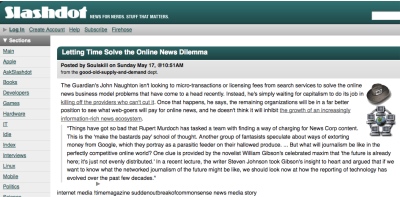My daughter needed to find out her National Insurance number — which, for reasons too tedious to relate but connected with her Dad’s failure to register for child benefit after her Mum’s death — had not been sent to her. I had made some telephone inquiries from which I learned that a number had indeed been allocated to her, but that she would need to attend an interview at the local JobCentre (to which she was to bring suitable forms of identification) before she could be given a number.
Last week she went by herself and was given the runaround by the staff — told to phone the national number, which told her that she didn;t have a number and would have to apply for it and that she needed to download the form, etc. etc. She came home rather dejected by this, so I arranged to go with her this morning.
It was the first time I’ve ever been inside a Job Centre. The clients present included a goodly number of people who looked as though life had dealt them a poor hand of cards. Some were badly dressed; a few looked miserable or confused or just depressed. The staff were professional in manner, but somewhat defensive in posture. Several burly security guards were very much in evidence. The atmosphere was one of watchful tension. And one can understand why: sometimes people turn up who are angry, confused, drunk, abusive or perhaps even psychologically disturbed. And they can lash out at an official who they see as the representative of an indifferent establishment.
The staff of the JobCentre have to tread a tightrope. On the one hand they have to help people who really need assistance from the state, and who are sometimes in really dire straits. On the other, they have to be watchful against benefit fraud, for perched on their shoulders like a vengeful parrot is the moralising, scolding Daily Mail.
It was an instructive moment to make my first visit to such an establishment. There I saw the front-line troops of the Welfare State, ever-vigilant to ensure that fraudsters don’t get benefits to which they are not entitled (and determined to crack down on them severely whenever they are detected). Meanwhile, over in the Mother of Parliaments, we have MPs who have been discovered conducting the most staggering kinds of ‘benefit’ fraud — and yet who seem to think that if they pay back their ill-gotten gains then everything will be all right.
As I stood waiting for my daughter to be interviewed for her NI number I fell to thinking about what would happen if someone who’d been caught over-claiming a state benefit in the JobCentre just shrugged his shoulders, reached into his wallet, and tried to hand over a sheaf of tenners to one of the officials behind the bullet-proof cubicle glass as atonement for his sins. You only have to do the thought-experiment to understand the rage that people feel about the MPs.
But of course the injustice is even worse in the case of bankers. At least MPs have had to endure some degree of personalised obloquoy. But, with the exception of a few named individuals like ‘Sir’ Fred Goodwin — most of the Savile-Row-suited non-execs who presided over the banking catastrophe have been bailed out without even having to endure the indignity of public exposure.
A worrying question is what will be the outcome of this public rage. It’s too profound to be bottled up. So it will be vented somewhere. Smashing the windows of the Goodwin mansion was just the opening salvo. My guess is that it will be vented in elections — first the upcoming European elections, and next year the UK general election. One opinion poll published at the weekend showed that currently 40% of the British electorate would vote for “none of the above” if an election were held tomorrow.
So what we might have is the kind of incoherent electoral chaos that occurred in Holland in the election after Pim Fortuyn was murdered — an election that returned to the Dutch Parliament a rag-bag collection of clowns and reduced Dutch governance to farcical levels for several years. Is this what lies ahead for us?


